Special Operation Maidan-3: new details of the disinformation campaign
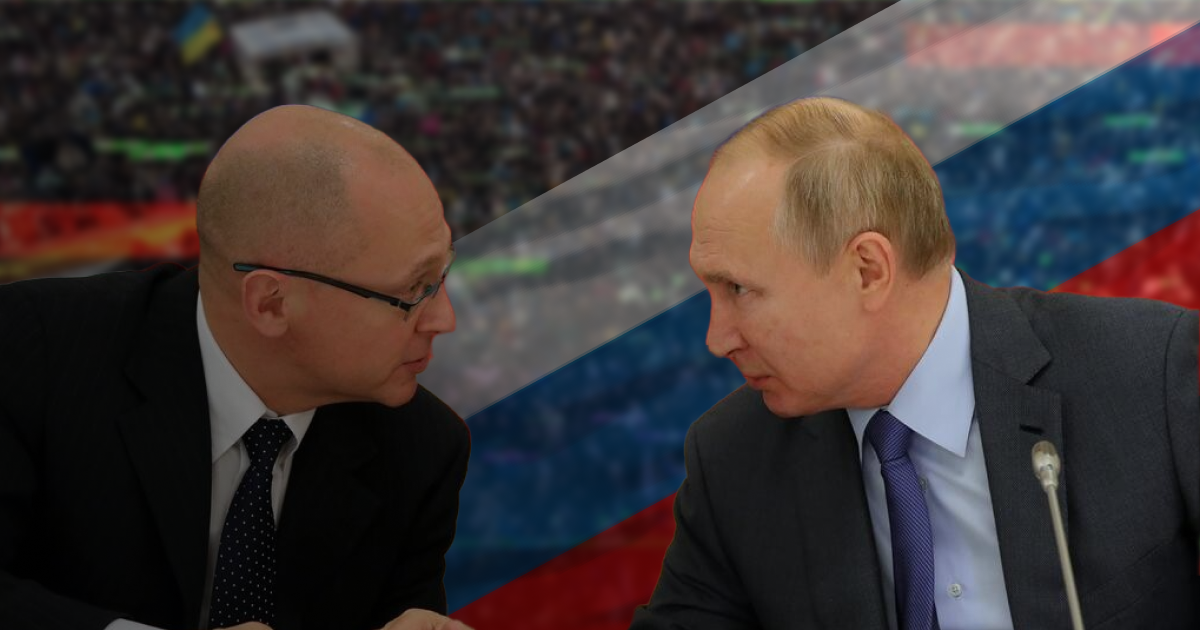
What happened?
The Main Directorate of Intelligence of Ukraine reports that Russia is continuing its "Maidan-3" disinformation campaign. It is aimed at destabilising the situation in Ukraine. The special operation has been ongoing since November 2023. The Russians have spent $1.5 billion on it. Svidomi told more about the situation in the explainer.
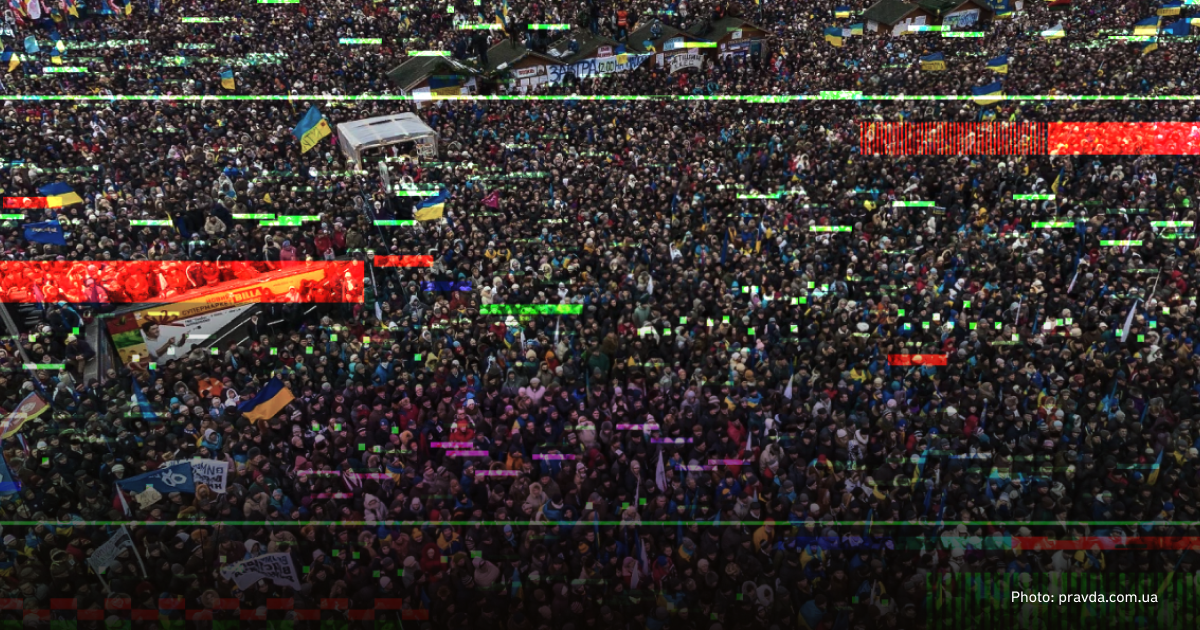
According to the intelligence services, this campaign aims to question the legitimacy of decisions taken by the Ukrainian authorities after May 20, both the political and military leadership. Zelenskyy's presidential term ends on this day. According to the Ukrainian constitution, elections are not possible during martial law. The majority of Ukrainians have a negative attitude towards the idea of holding elections.
The Russians also want to spread panic and despair, artificially pit civilians against the military, set Ukrainians against their allies and spread all sorts of 'conspiracy theories' in society.
On February 25, at the press conference "Ukraine. Year 2024", the head of the Defence Intelligence of Ukraine, Kyrylo Budanov, said that the Russians were expecting a certain "turmoil" in Ukrainian society. After that, in the first half of June, they will inflict a military defeat in the east, taking advantage of the fact that the army should have doubts: "who is in charge of us, and whose orders we follow, etc.".
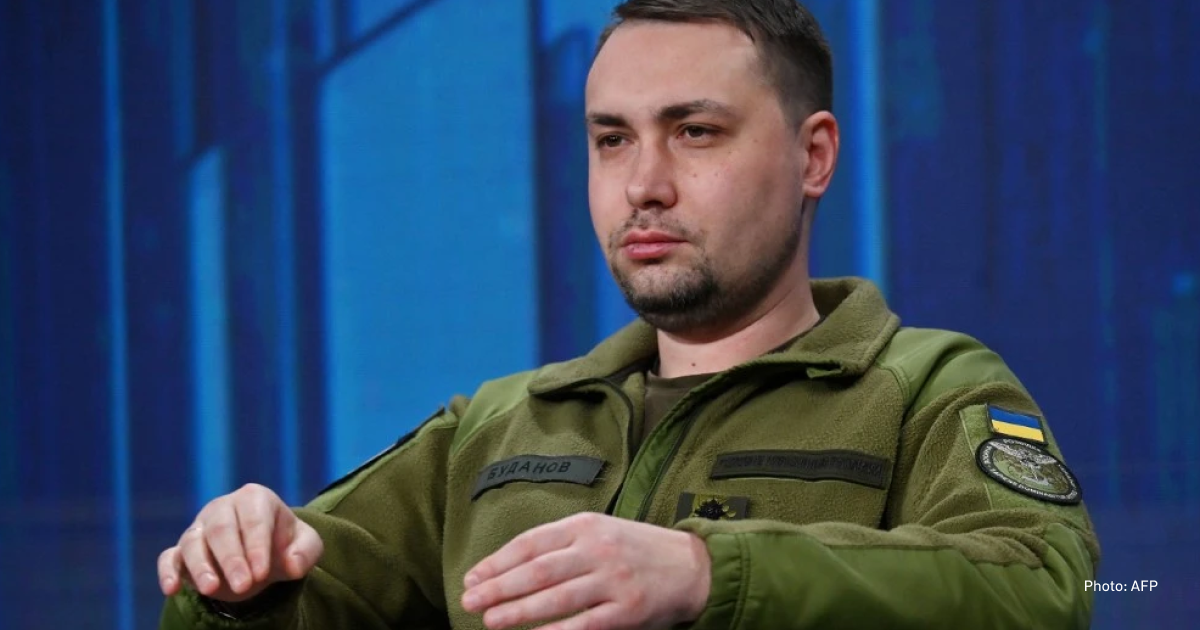
The culmination of the Russian special operation "Maidan-3" will take place in March-May. It will involve bot farms, opinion leaders and public figures.
At a press conference on February 25, Volodymyr Zelenskyy said that Russia was working with Western journalists to spread Russian narratives about Ukraine. One of the main messages is that Zelenskyy will supposedly lose his legitimacy in May this year without re-election. The Russian side is paying money to spread such messages. The intelligence services of the partner countries confirm this.
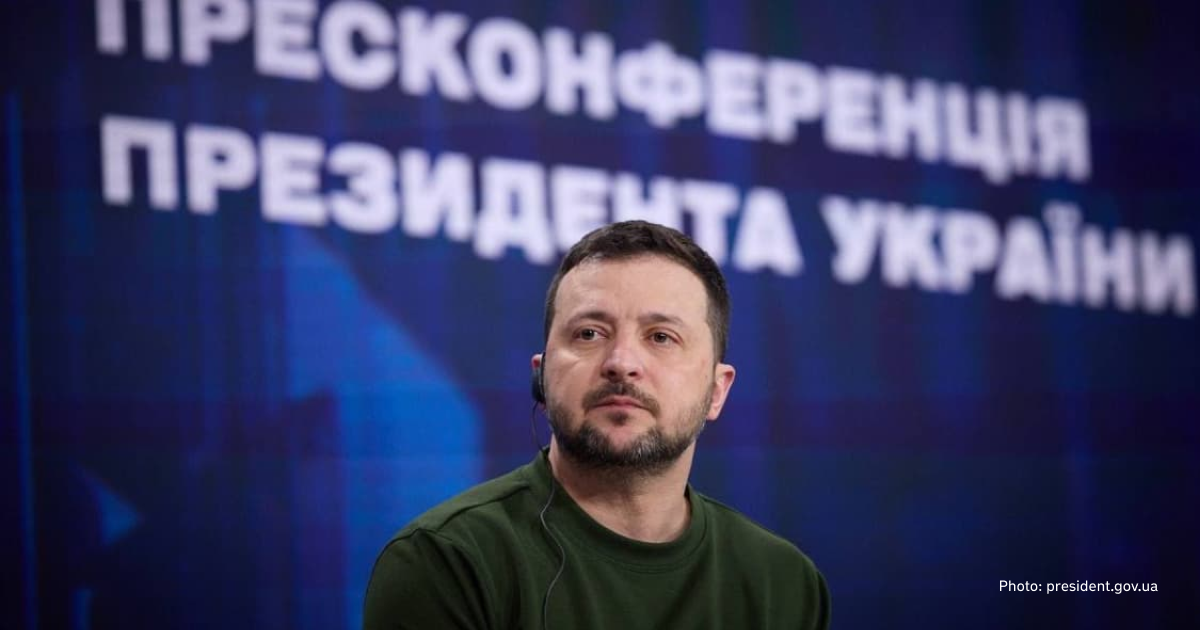
According to Andrii Yusov, a representative of the DIU, the Ukrainian intelligence has information about the people involved in the special operation. He did not disclose details but noted that the process was led by Putin's first deputy, Sergei Kiriyenko, and Russian presidential aide Vladislav Surkov.
Meanwhile, the Centre for Countering Disinformation said that Viktor Medvedchuk (Ukrainian pro-Russian politician accused of treason; Putin is the godfather of Medvedchuk's daughter — ed.), who was exchanged in September 2022, and his new organisation, Another Ukraine, were also involved in the special operation.
Research by The Washington Post
The Washington Post, citing European intelligence services, wrote that since January 2023, Russian "troll factories" have produced thousands of comments and fabricated posts on the Ukrainian segment of social media to destabilise the situation in Ukraine.
Documents obtained by journalists show that in January 2023, the Kremlin's first deputy chief of staff, Sergei Kiriyenko, instructed a group of Russian officials and political strategists to establish a presence on Ukrainian social media to spread disinformation.
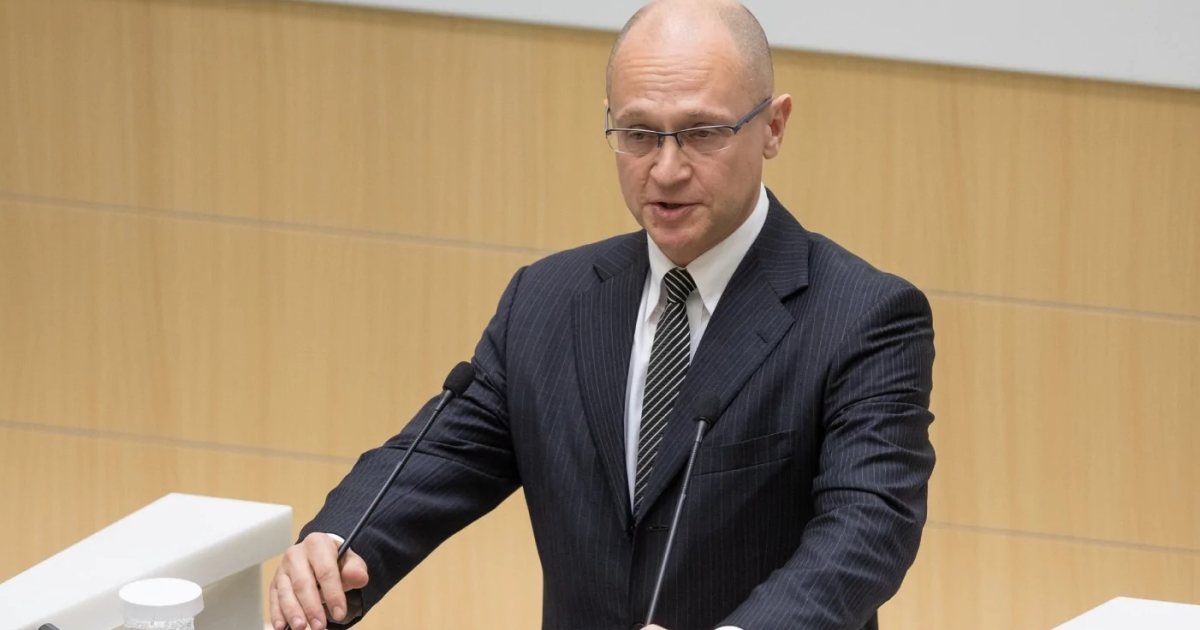
Kiriyenko laid out four key objectives for the Ukrainian propaganda group:
- discrediting the military and political leadership;
- splitting the Ukrainian elite;
- demoralising the Ukrainian military;
- disorienting the Ukrainian population.
Regular meetings were held to discuss plans and results. The documents say a key criterion for measuring success was the decline in Ukrainian society's trust in key military and political leadership members.
The Russians' April report, obtained by journalists, stated that propagandists have to "enter the Ukrainian media landscape practically from zero, as the pro-Russian segment has been completely purged from the media and social networks". For this purpose, Russians started using both anonymous Telegram channels and Facebook, Instagram, and X.
Among the materials disseminated by the Russians was a Facebook post claiming that the family of the deceased Ukrainian soldier had not received any assistance from the state. The media outlet writes that this post has received more than 2 million views. Another example is a fake video on Telegram claiming that the main goal of the Ukrainian government in the war is to "fight to the last Ukrainian".
The authors of the Russian strategy deliberately avoided blatant pro-Russian propaganda to build trust with the audience.
The Russians also spread disinformation in Western countries, particularly France and Germany. One of Kiriyenko's deputies, Tatyana Matveyeva, head of the Kremlin's Information and Communication Technology Development Department, was in charge of this area.
The Zelenskyy-Zaluzhnyi "conflict"
In the same study, The Washington Post writes that Russians deliberately spread posts that Valerii Zaluzhnyi could become the new president. This post garnered 4.3 million views, and these results were shown during a meeting of Russian technologists.
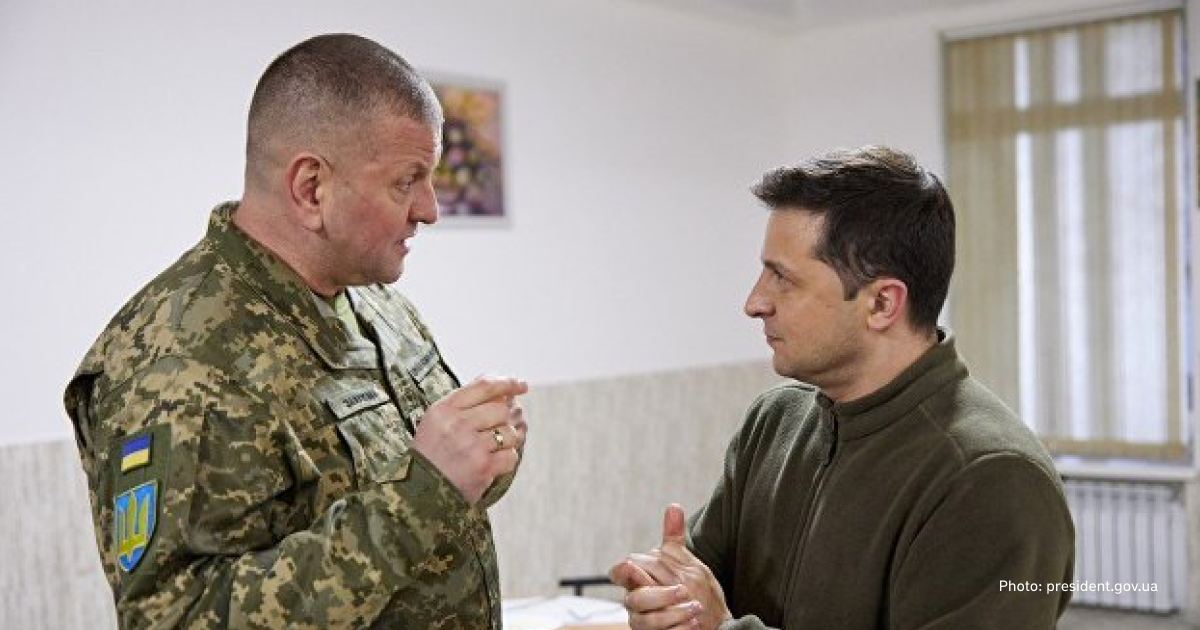
"The Kremlin then issued orders to create similar posts or “additional reality” — a term used by Russian officials for fake news — including reports that Western leaders were looking for a replacement for Zelenskyy and that Zaluzhny intended to halt the counteroffensive," The Washington Post writes.
Later, in May 2023, the Russians published an article, "Zelenskyy is holding on to the throne. In Ukraine, democracy is being liquidated." Also in June, the Russians planned to publish articles claiming that Zaluzhnyi had allegedly disappeared from the public eye because he was "supposed to take Zelenskyy's place".
On February 25, during a press conference, President of Ukraine Volodymyr Zelenskyy said that changing the Commander-in-Chief of the Armed Forces was an "internal moment".
What is known about the authors of the Maidan-3 project?
Vladislav Surkov is considered the architect of Russia's policy towards Ukraine. He is the ideologue of the Novorossiya project, which Russia used to create a "puppet state" of Ukrainian cities from Kharkiv to Odesa. Since 1999, he has been a deputy in the Russian presidential administration.
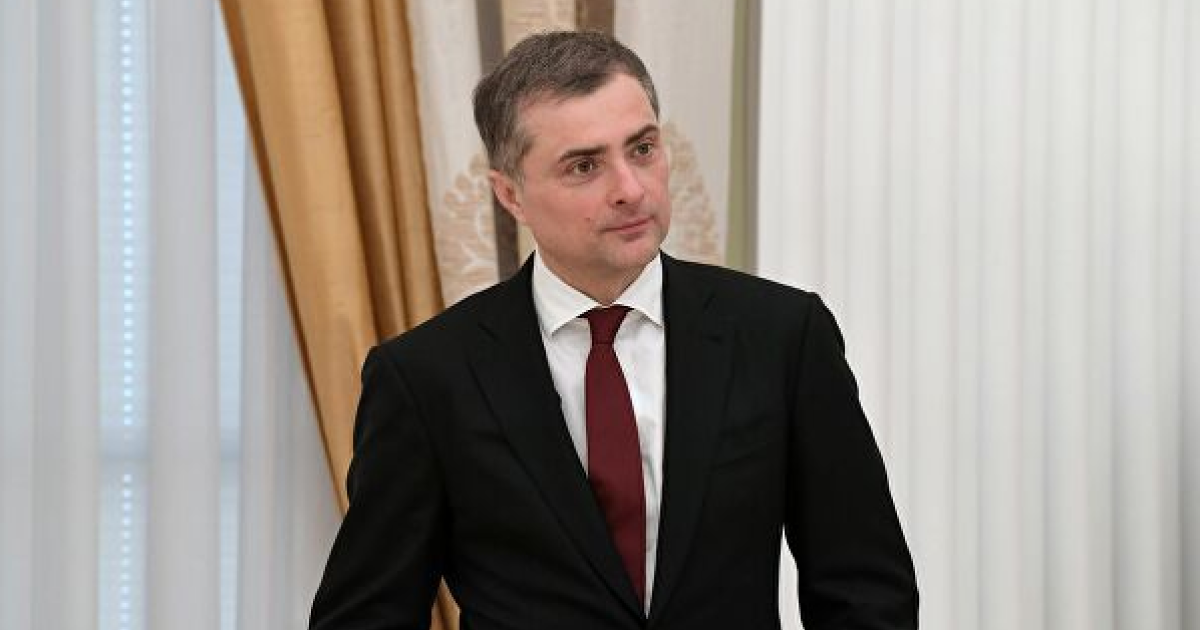
Surkov was in charge of the so-called "Ukrainian direction of Russian policy" until 2020 (the year in which he resigned from the post of presidential adviser — ed.) During the Russian-Ukrainian war, he wrote a number of materials for the Russian media, comparing Putin to Emperor Octavian, praising "forceful coercion to brotherly relations", etc.
Before Russia's full-scale invasion, he published an article outlining arguments to justify the aggression. In this article, Surkov de facto claimed that the Russian Empire would be revived by its "geopolitical landscape". The article was published on February 15, 2022, in which he wrote that soon, "there will be a lot of geopolitics", obviously referring to the invasion and seizure of Ukraine.
On the other hand, Sergei Kiriyenko was the head of the Russian government, the Russian president's plenipotentiary, and now works as the first deputy head of the Russian presidential administration. He is responsible for media relations in the Kremlin.
Kiriyenko has formed a so-called pool of "trusted media", including the Rain TV channel, Kommersant, Izvestia, Komsomolskaya Pravda, and the RIA Novosti and TASS agencies. Kiriyenko holds closed briefings for them, where he disseminates information from the Kremlin to a number of representatives of the propaganda media.


